Home>Articles>What Should You Not Plug Into A Surge Protector?
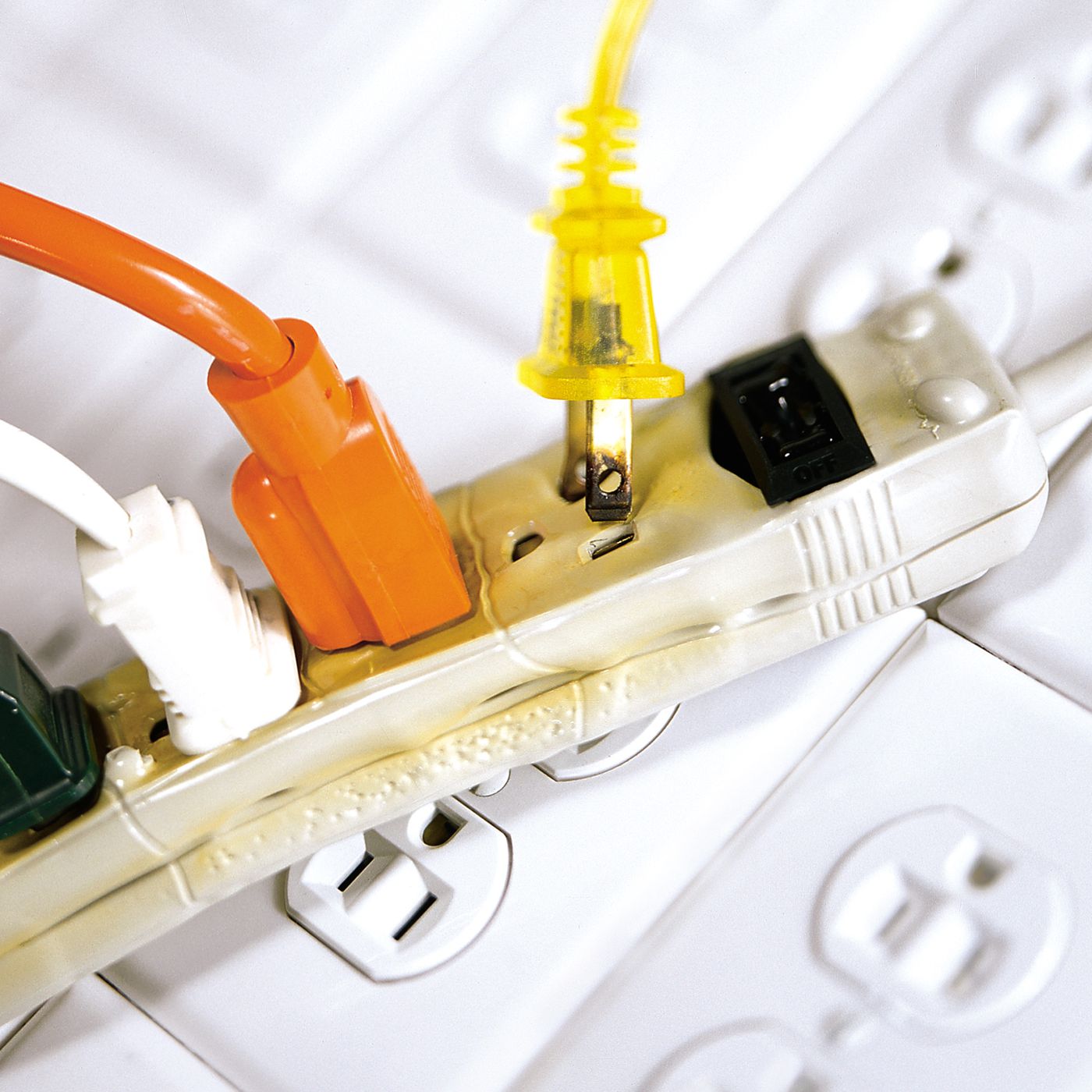

Articles
What Should You Not Plug Into A Surge Protector?
Modified: August 26, 2024
Discover the top articles revealing what appliances and devices you should never plug into a surge protector. Protect your home and learn about potential hazards.
(Many of the links in this article redirect to a specific reviewed product. Your purchase of these products through affiliate links helps to generate commission for Storables.com, at no extra cost. Learn more)
Introduction
Surge protectors are essential devices that help safeguard our electronic appliances from power surges or voltage spikes. They act as a barrier, diverting excess electrical energy away from our devices and preventing damage to their sensitive components. However, it’s crucial to understand that not all appliances should be plugged into a surge protector. Some devices have specific power requirements, and using a surge protector may not be suitable or safe.
In this article, we will discuss the appliances that you should avoid plugging into a surge protector to ensure optimal safety and performance. By understanding these guidelines, you can make better decisions regarding the use of surge protectors in your home or office.
Key Takeaways:
- Protect high-power devices: Avoid plugging heaters, air conditioners, and ovens into surge protectors to prevent overloading. Consult an electrician for additional outlets if needed.
- Safeguard sensitive electronics: Use dedicated UPS for computers and TVs, or choose surge protectors with EMI/RFI filtering for optimal protection. Regularly maintain surge protectors for continued safety.
Read more: How Much Can You Plug Into A Surge Protector
Appliances with High Power Consumption
Appliances that have high power consumption, such as electric heaters, air conditioners, and electric ovens, should not be plugged into a surge protector. These devices draw a significant amount of electrical current to function correctly, and using a surge protector can overload it.
Surge protectors are designed to handle a specific amount of electrical load, typically measured in amps or watts. Appliances with high power consumption can exceed the capacity of a surge protector, leading to overheating and potential fire hazards. To prevent this, it’s best to directly connect these appliances to a properly grounded electrical outlet.
If you find that you need multiple outlets for devices with high power consumption, it is recommended to consult a licensed electrician to install additional electrical outlets in your home or office.
Heat-Generating Devices
Heat-generating devices, such as space heaters, hair dryers, and toasters, should also be avoided when plugging them into a surge protector. These devices consume a substantial amount of electricity and generate heat as a byproduct of their operation. Plugging them into a surge protector can cause overheating and potentially damage the surge protector or even start a fire.
Heat-generating devices should always be plugged directly into a properly grounded electrical outlet. This ensures that the excess heat generated by these appliances can dissipate safely. Additionally, it is important to use these devices responsibly, following the manufacturer’s guidelines for operation, and never leaving them unattended while in use.
To prevent accidents and maintain the longevity of both your appliances and surge protectors, it is crucial to use separate dedicated outlets for heat-generating devices.
Motorized Appliances and Tools
Motorized appliances and tools, such as refrigerators, washing machines, power drills, and table saws, should not be plugged into a surge protector. These devices often have high startup currents, which can cause a surge of electricity when they are turned on. Plugging them into a surge protector can exceed its capacity and potentially damage the device and the surge protector itself.
Motorized appliances and tools typically require a direct connection to a properly grounded electrical outlet. This allows them to draw the necessary amount of current during startup without overloading a surge protector. It is essential to ensure that these devices are connected to a dedicated circuit, which provides them with the necessary power they need to operate safely and effectively.
If you need multiple outlets for motorized appliances and tools, consider consulting a licensed electrician to install additional electrical outlets in your home or workspace. This will provide a safe, dedicated power source for these devices.
Large Appliances with High Startup Currents
Large appliances, such as air conditioners, refrigerators, and washing machines, often have high startup currents. When these appliances are turned on, they require an extra surge of electricity to get their motors running. Plugging them into a surge protector may not be sufficient to handle this initial surge, potentially leading to damage to the appliance or the surge protector.
It is recommended to connect large appliances with high startup currents directly to a properly grounded electrical outlet. This allows them to draw the necessary amount of power without overloading a surge protector. Additionally, these appliances should ideally be connected to dedicated circuits to ensure a stable and uninterrupted power supply.
If you are unsure about the electrical requirements of your large appliances, consult the manufacturer’s guidelines or a qualified electrician to determine the best way to connect and protect these devices.
Do not plug high-power appliances like refrigerators, air conditioners, or microwave ovens into a surge protector. These devices can overload the surge protector and cause a fire hazard.
Major Household Systems and Appliances
There are certain major household systems and appliances that should not be plugged into surge protectors. These include HVAC systems, water heaters, and electrical panels. These systems are typically hardwired into the electrical system of a home and should not be connected to surge protectors via standard plug-in outlets.
HVAC (Heating, Ventilation, and Air Conditioning) systems and water heaters draw a significant amount of power to function, and they have their own dedicated electrical circuits. These circuits are specifically designed to handle the electrical load of these systems. Plugging them into a surge protector can cause overloading and potential damage to both the system and the surge protector.
Similarly, electrical panels, also known as the breaker box or fuse box, should not be connected to surge protectors. The electrical panel is the central hub that distributes electrical power throughout the home. It is designed to provide proper safety measures, including circuit breakers or fuses, to protect against electrical overloads. Plugging the electrical panel into a surge protector can interfere with its ability to function correctly and may compromise the safety of the entire electrical system.
It is vital to leave major household systems and appliances that are hardwired to the electrical system to be handled and connected by a licensed electrician. They will ensure that these systems are properly connected and protected, following local electrical codes and regulations.
Sensitive Electronics and Devices
Sensitive electronics and devices, such as computers, laptops, televisions, gaming consoles, and audio equipment, require stable and clean power to function properly. While surge protectors are designed to protect these devices from voltage spikes, there are situations where plugging them directly into a surge protector is not recommended.
For high-end or sensitive electronic devices, it is often best to use a dedicated uninterrupted power supply (UPS) instead of a surge protector. A UPS provides both surge protection and battery backup in case of a power outage. This ensures that the sensitive electronics have a constant and uninterrupted power supply, protecting them from both sudden voltage surges and power interruptions.
If a dedicated UPS is not available or feasible, it is still possible to use a surge protector for sensitive electronics. However, it is crucial to choose a surge protector that is specifically designed for sensitive equipment and has features such as EMI/RFI filtering and noise suppression. These features help to provide a cleaner power supply to the devices, reducing the risk of interference and ensuring optimal performance.
When using surge protectors for sensitive electronics, keep in mind to avoid overcrowding the surge protector with too many devices. Overloading the surge protector can diminish its effectiveness and may lead to unexpected problems. Be sure to check the power ratings and specifications of the surge protector to match the needs of your sensitive devices.
Lastly, it is advisable to periodically check the surge protector and replace it if it shows signs of wear and tear, such as damaged outlets or frayed cords. Regular maintenance will ensure the continued protection of your sensitive electronics and devices.
Grounded Electronics and Appliances
Grounded electronics and appliances are those that have a three-pronged plug, with one of the prongs being the grounding pin. The grounding pin is an important safety feature that protects against electrical shocks and potential electrical hazards. When it comes to these types of devices, it is generally recommended to connect them directly to a properly grounded outlet rather than using a surge protector.
The reason for this is that surge protectors typically have two-pronged outlets, which may lack the necessary grounding feature. Plugging a grounded device into an ungrounded surge protector can compromise the device’s safety and potentially negate the benefits of the surge protector itself.
To ensure the proper grounding of electronics and appliances, it is best to connect them directly to a properly grounded outlet. A properly grounded outlet has a grounding wire that is connected to a grounding rod or other grounding means, providing a safe path for electrical energy to dissipate. This helps protect against electrical shocks and ensures the safe operation of grounded devices.
If you have multiple grounded devices that need to be connected in a specific area, consider hiring a licensed electrician to install additional grounded outlets to accommodate your needs. This will help maintain the integrity of the grounding system and ensure the safety of your electronics and appliances.
Devices with Dedicated Circuits or Dimmer Switches
Devices that require dedicated circuits or are connected to dimmer switches should not be plugged into surge protectors. These devices have specific electrical requirements that cannot be adequately met by a standard surge protector.
Dedicated circuits are electrical circuits that are solely dedicated to powering a single device or appliance. These circuits provide a consistent and uninterrupted power supply, ensuring that the device receives the necessary amount of electricity to operate safely and efficiently. Plugging devices with dedicated circuits into a surge protector can result in inadequate power delivery and potentially damage the device or the surge protector.
Dimmer switches are commonly used to control the intensity of lighting fixtures or dimmable devices. These switches work by altering the flow of electricity to the device, which can cause voltage fluctuations. Plugging devices connected to dimmer switches into surge protectors can interfere with their performance and potentially damage the device or the surge protector.
If you have devices that require dedicated circuits or are connected to dimmer switches, it is crucial to follow the manufacturer’s instructions and connect them directly to the appropriate electrical outlets. This will ensure that the devices receive the necessary power and operate safely.
If you require additional outlets for devices with dedicated circuits or dimmer switches, it is advisable to consult a licensed electrician. They can assess your electrical system and install the necessary outlets or make any required modifications to meet the specific electrical needs of your devices.
Conclusion
In conclusion, while surge protectors are essential for protecting our electronic devices from voltage spikes and power surges, not all appliances and devices should be plugged into them. It is important to understand which devices are suitable for surge protectors and which are not to ensure optimal safety and performance.
Appliances with high power consumption, heat-generating devices, motorized appliances and tools, and large appliances with high startup currents should be directly connected to properly grounded electrical outlets. These devices draw significant amounts of power or can cause voltage surges that exceed the capacity of surge protectors.
Major household systems and appliances, such as HVAC systems, water heaters, and electrical panels, should never be connected to surge protectors. These systems are hardwired into the electrical systems of buildings and have their own dedicated circuits designed to handle their specific power requirements.
Sensitive electronics and devices, including computers, televisions, gaming consoles, and audio equipment, may benefit from using a dedicated uninterrupted power supply (UPS) to ensure a stable power supply and protection from both surges and power interruptions.
Grounded electronics and appliances should be connected directly to properly grounded outlets for optimal safety as surge protectors may have two-pronged outlets that lack grounding features.
Devices with dedicated circuits or connected to dimmer switches should not be plugged into surge protectors as these devices have specific electrical requirements that surge protectors may not fulfill.
By understanding which devices are suitable for surge protectors and which are not, we can better protect our appliances, electronics, and homes. Remember to always follow manufacturer guidelines and consult a licensed electrician for any electrical installation or modification needs to ensure the safety and optimal performance of your devices.
Frequently Asked Questions about What Should You Not Plug Into A Surge Protector?
Was this page helpful?
At Storables.com, we guarantee accurate and reliable information. Our content, validated by Expert Board Contributors, is crafted following stringent Editorial Policies. We're committed to providing you with well-researched, expert-backed insights for all your informational needs.
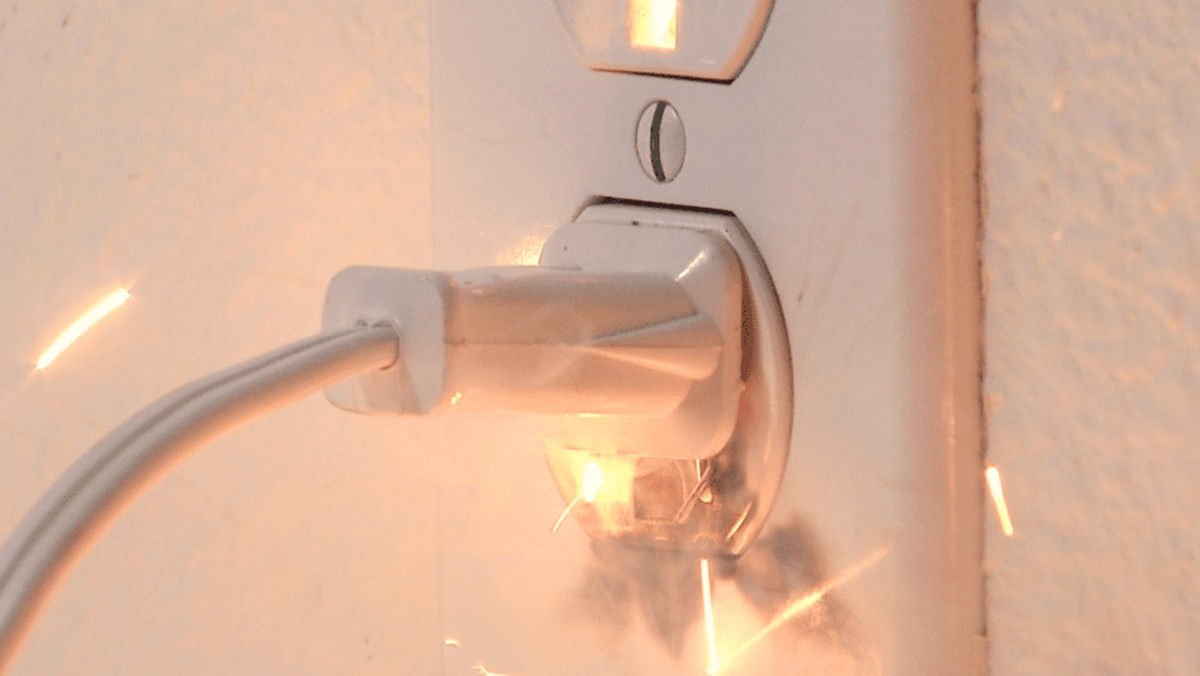
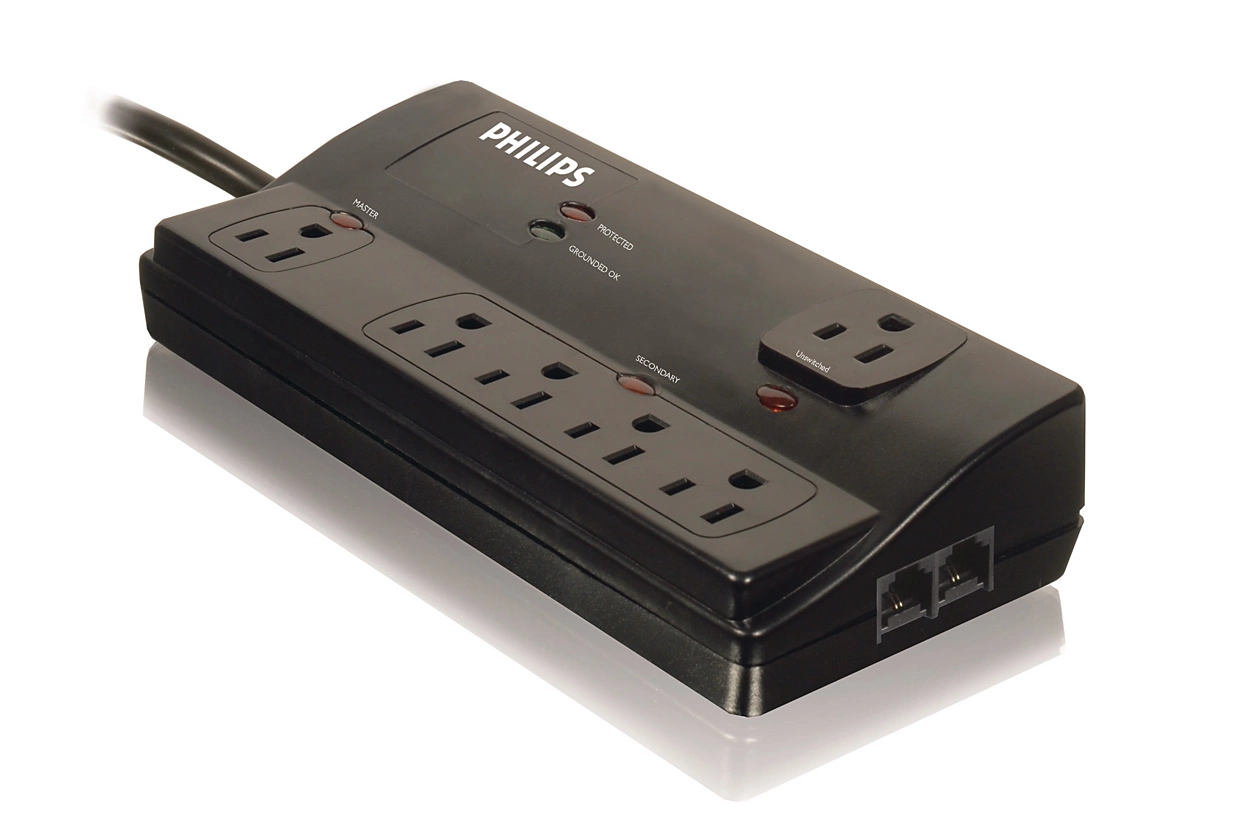
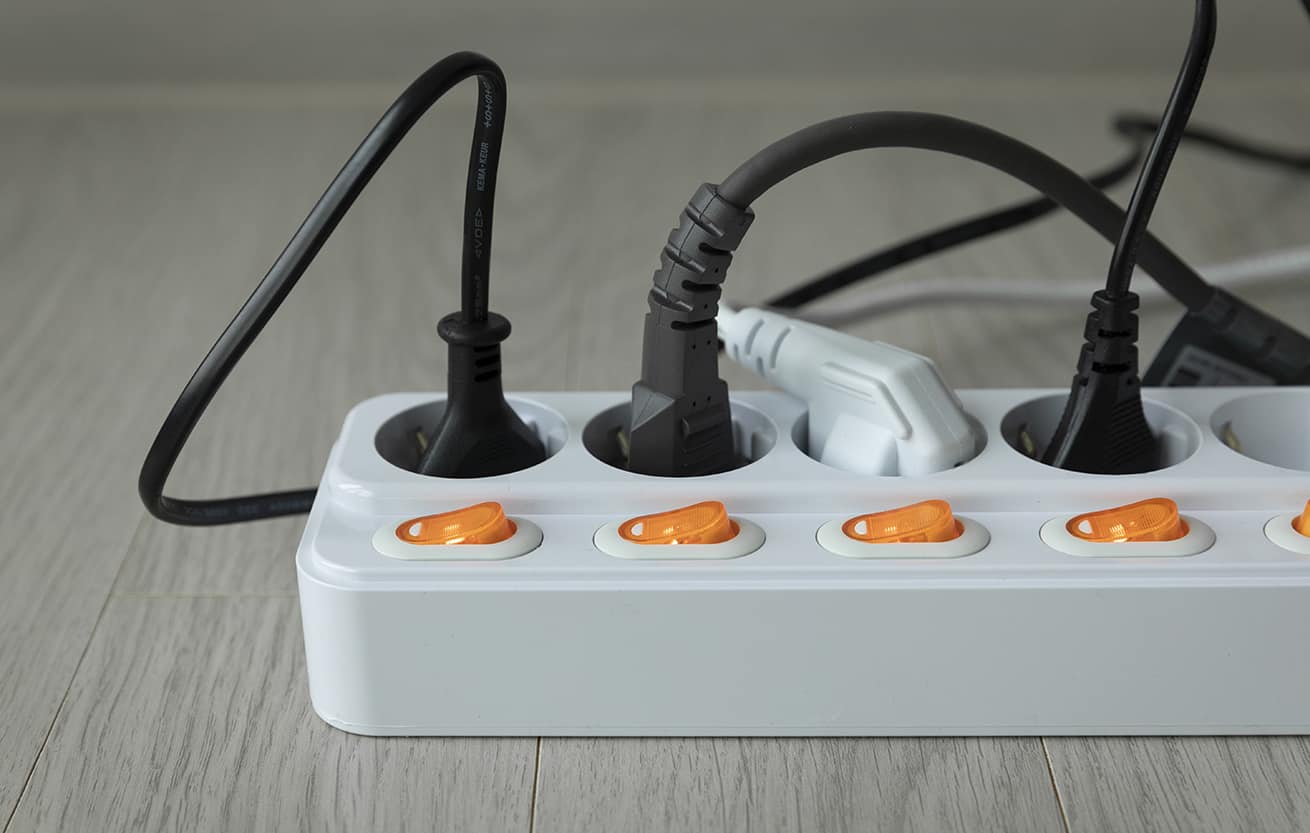
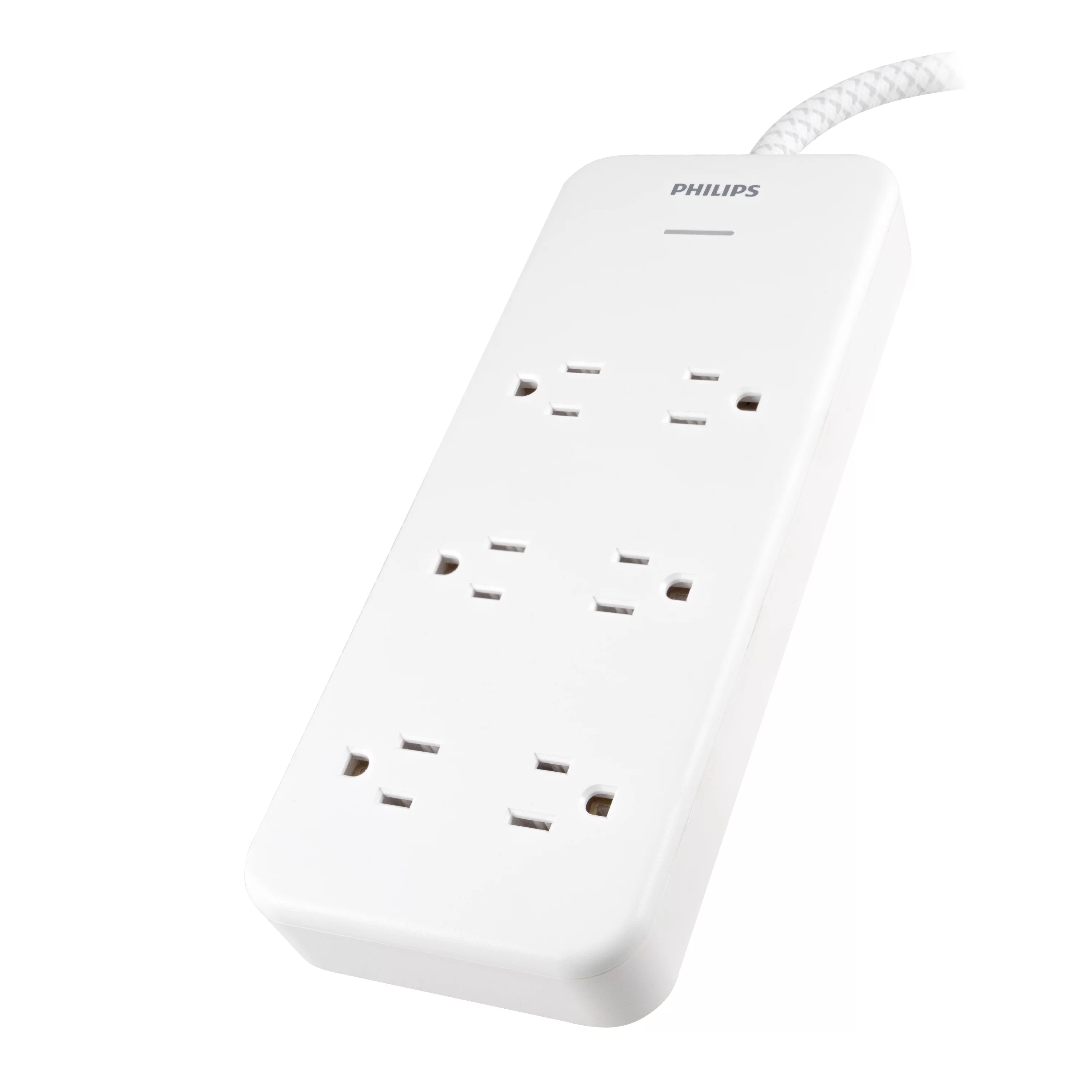
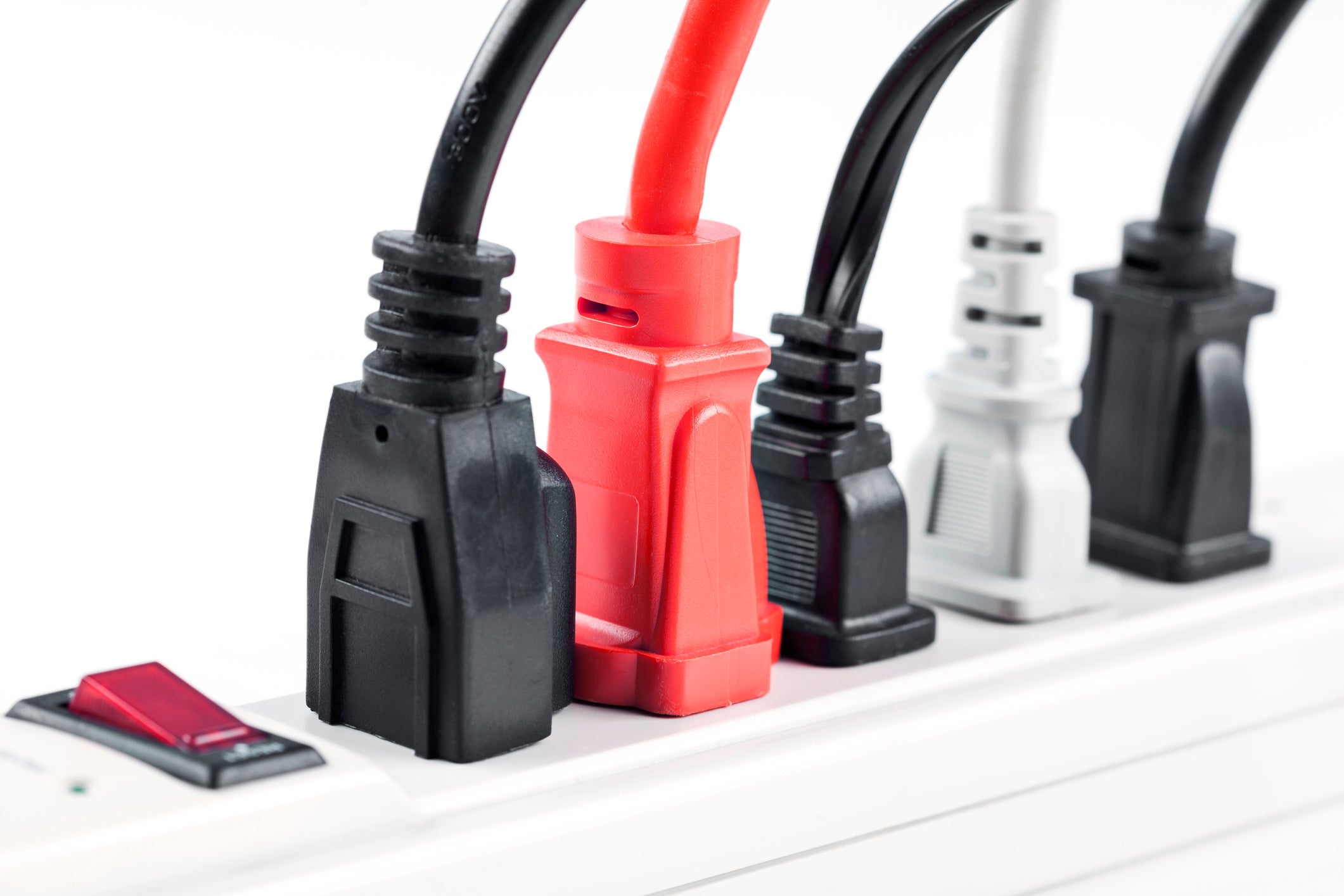
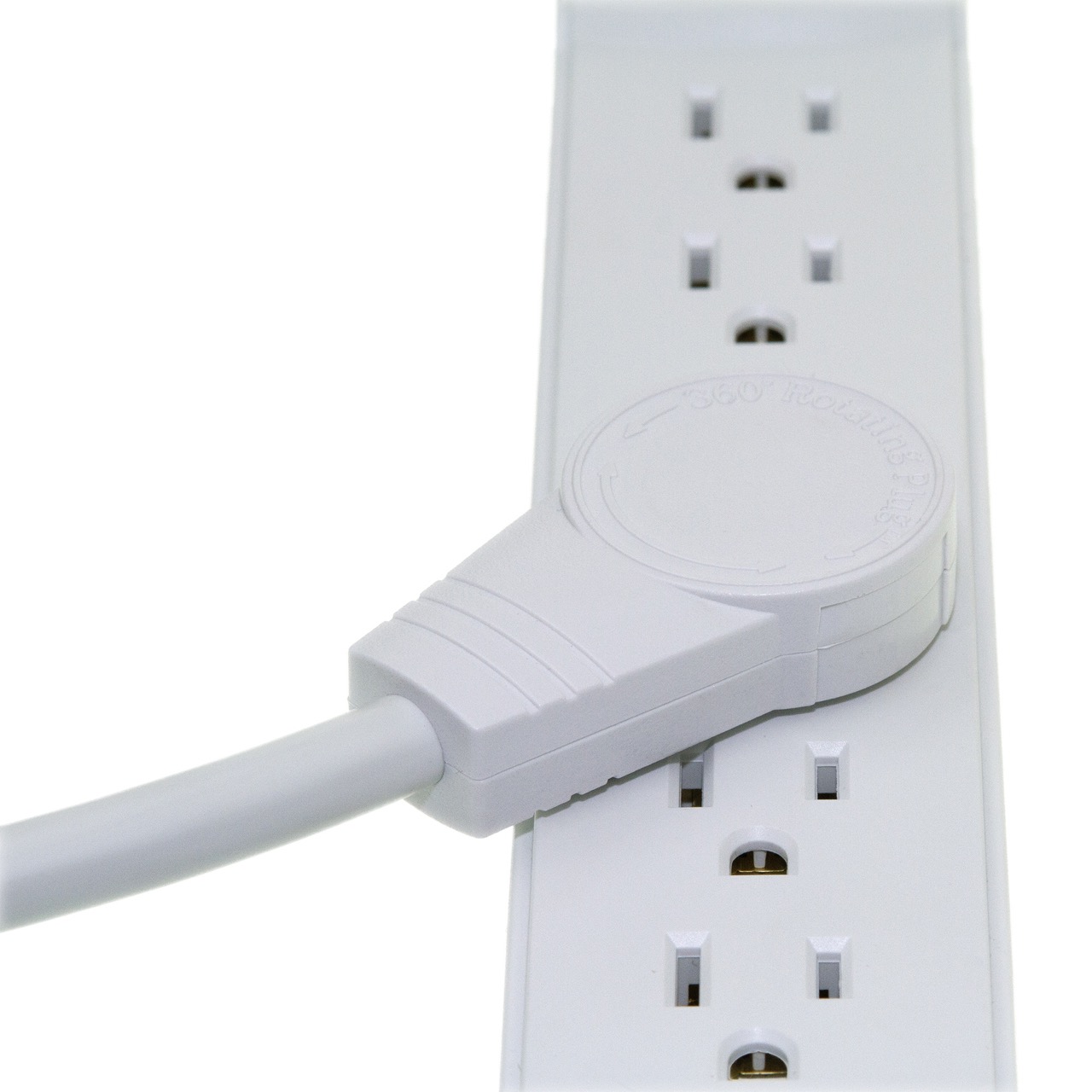
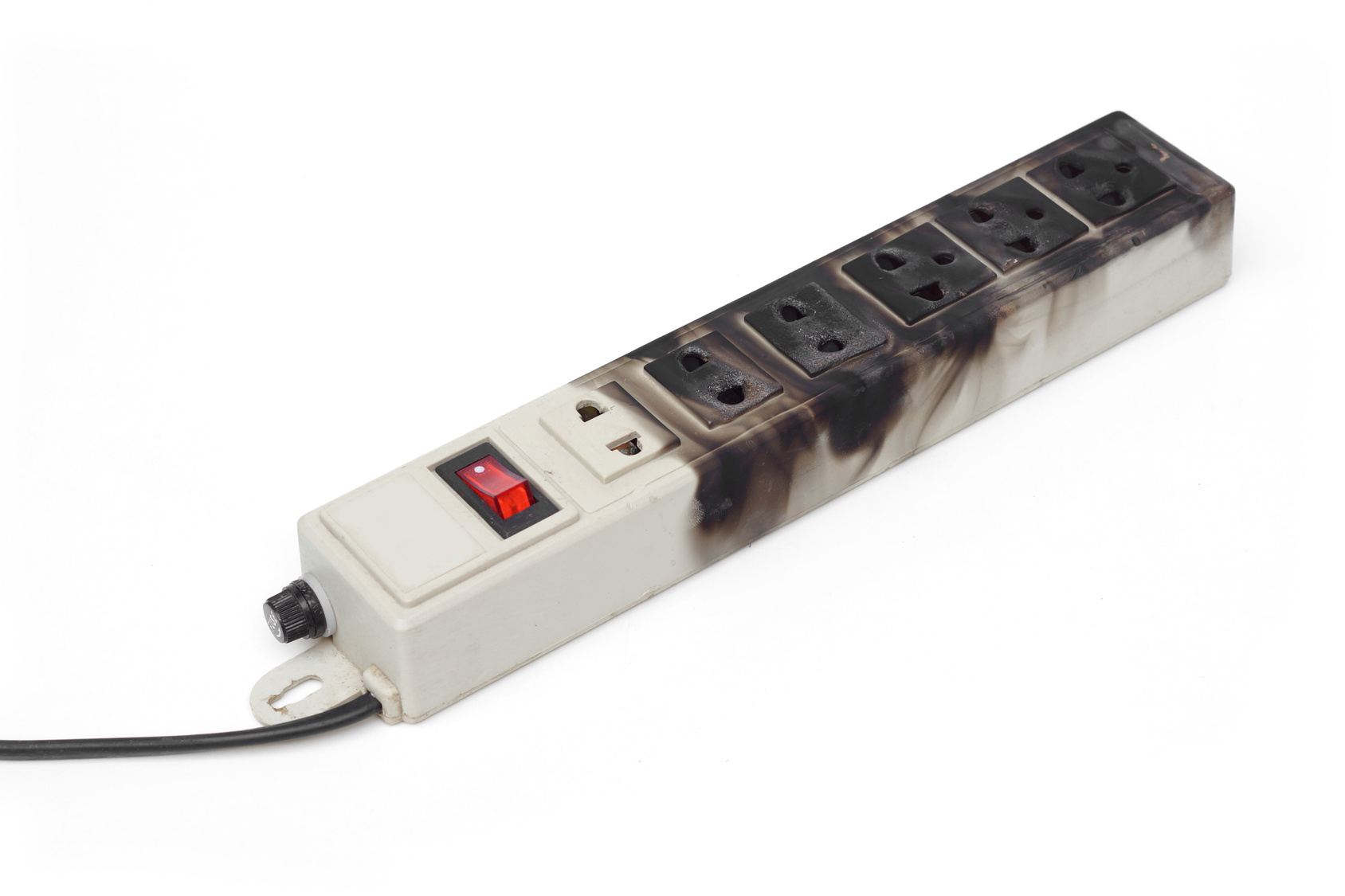
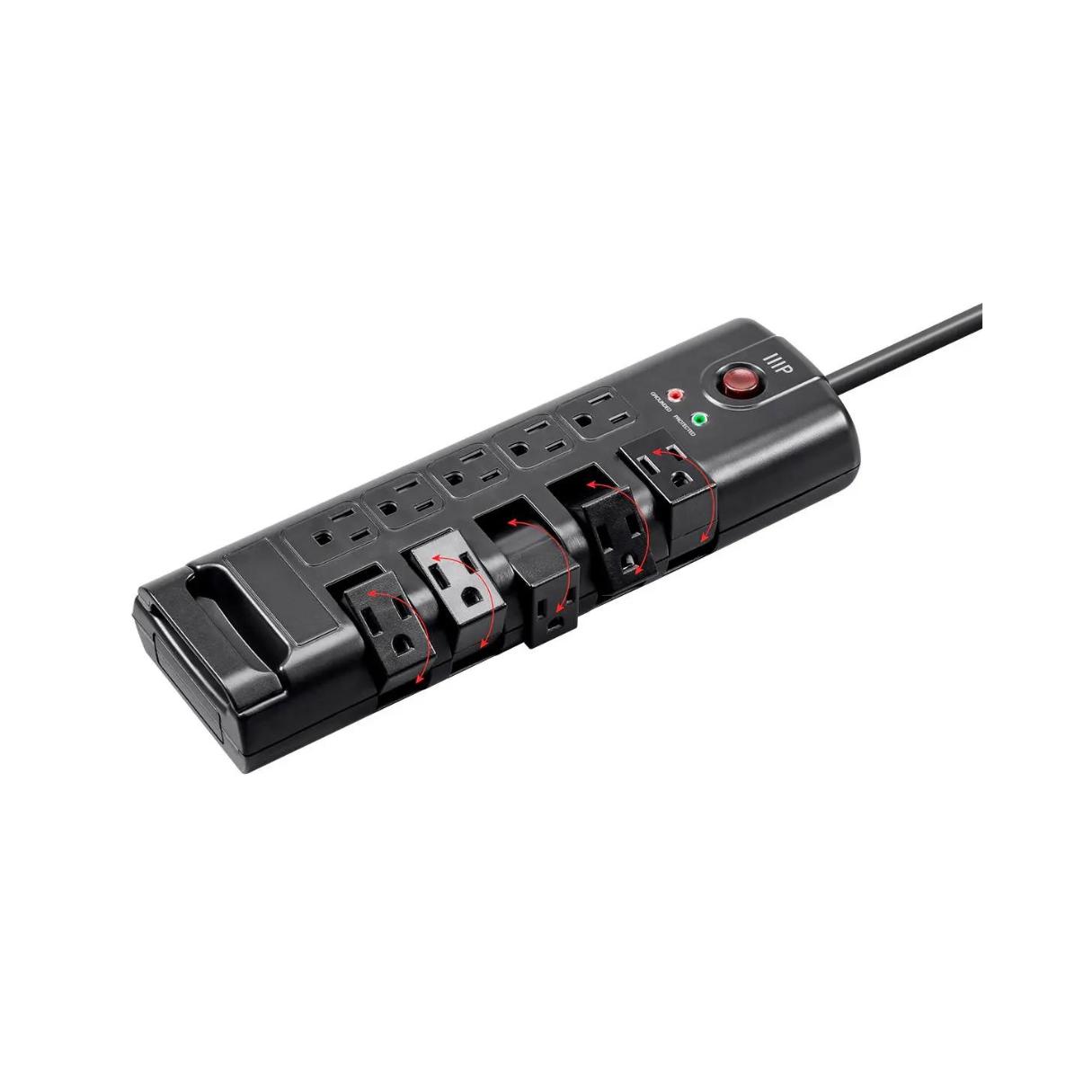
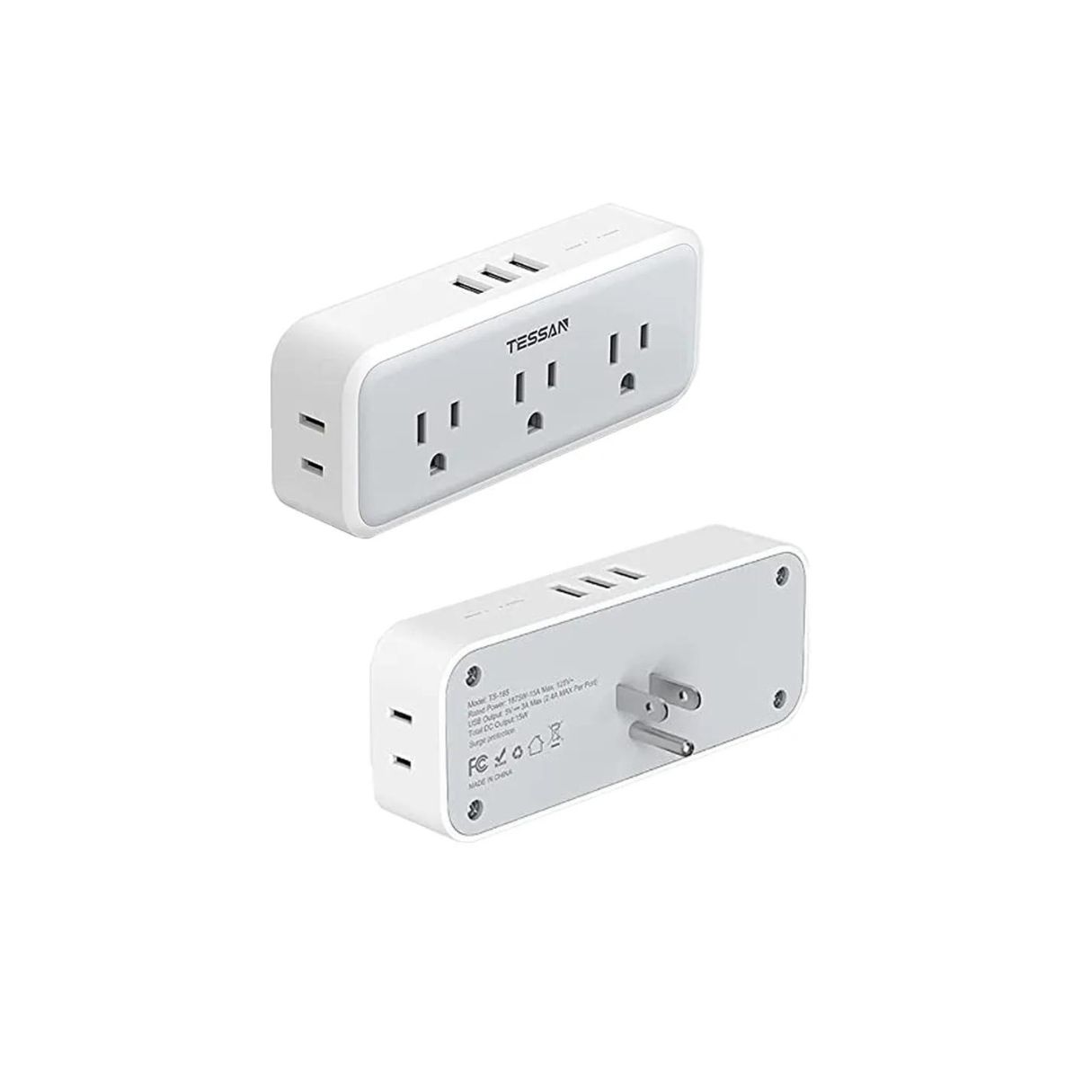
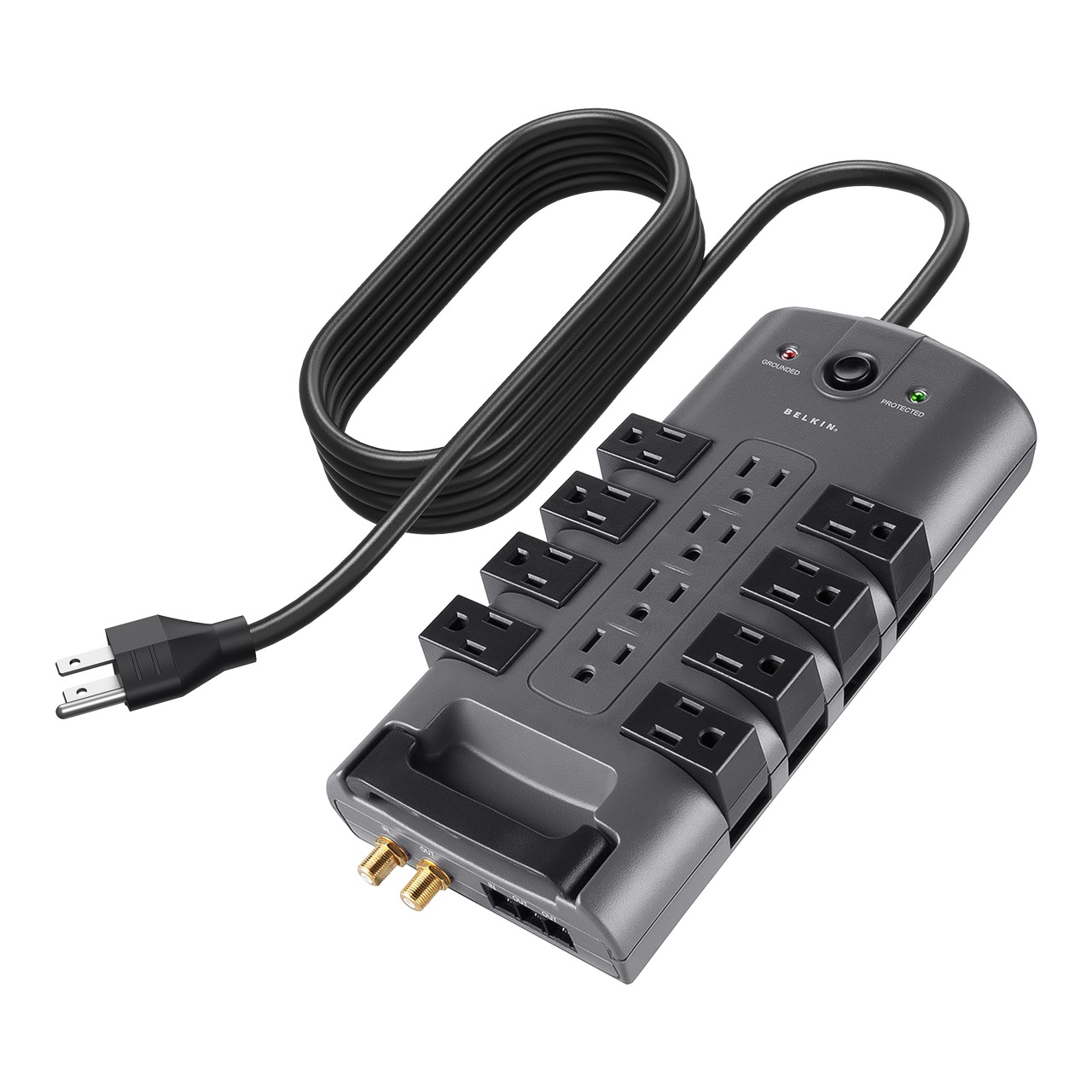
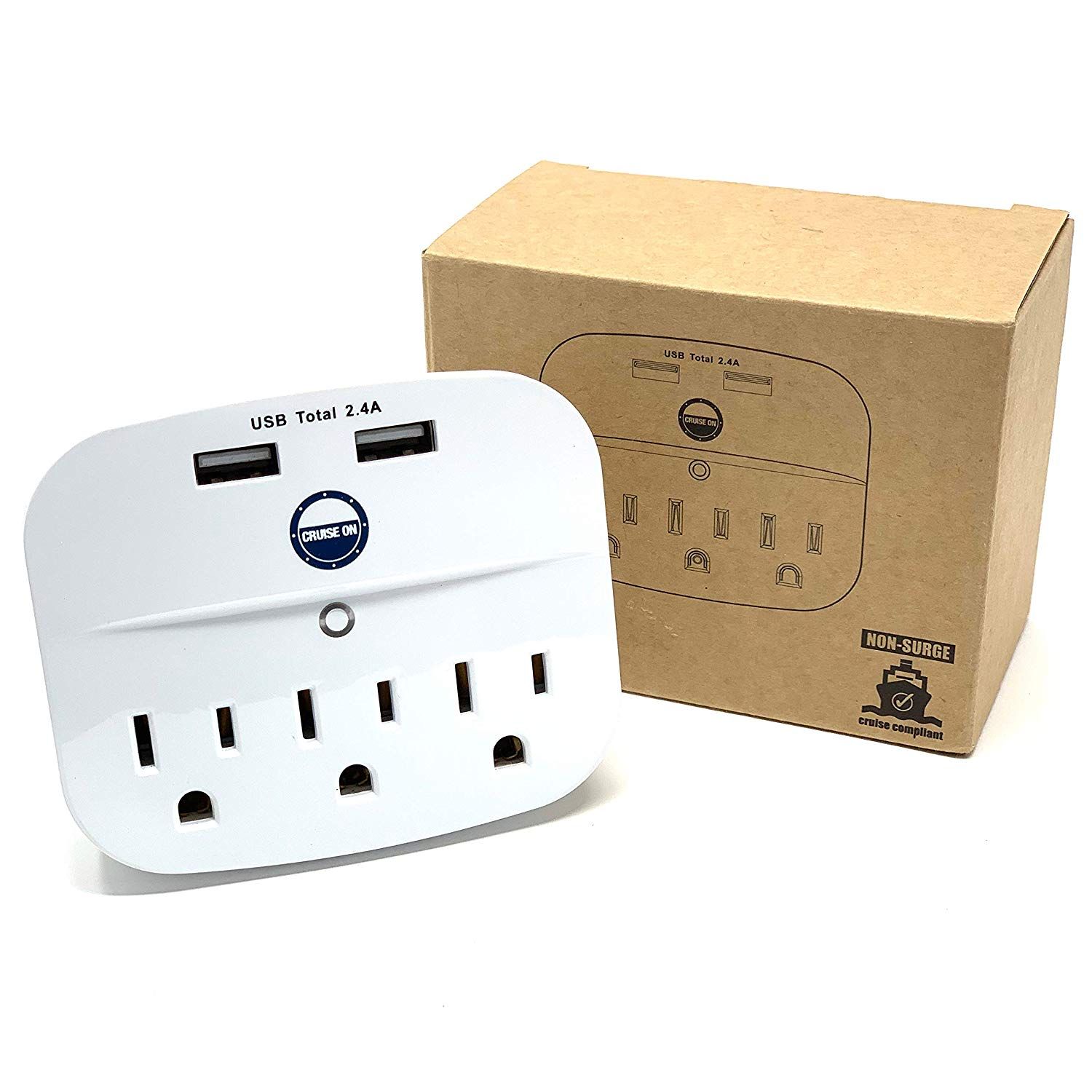
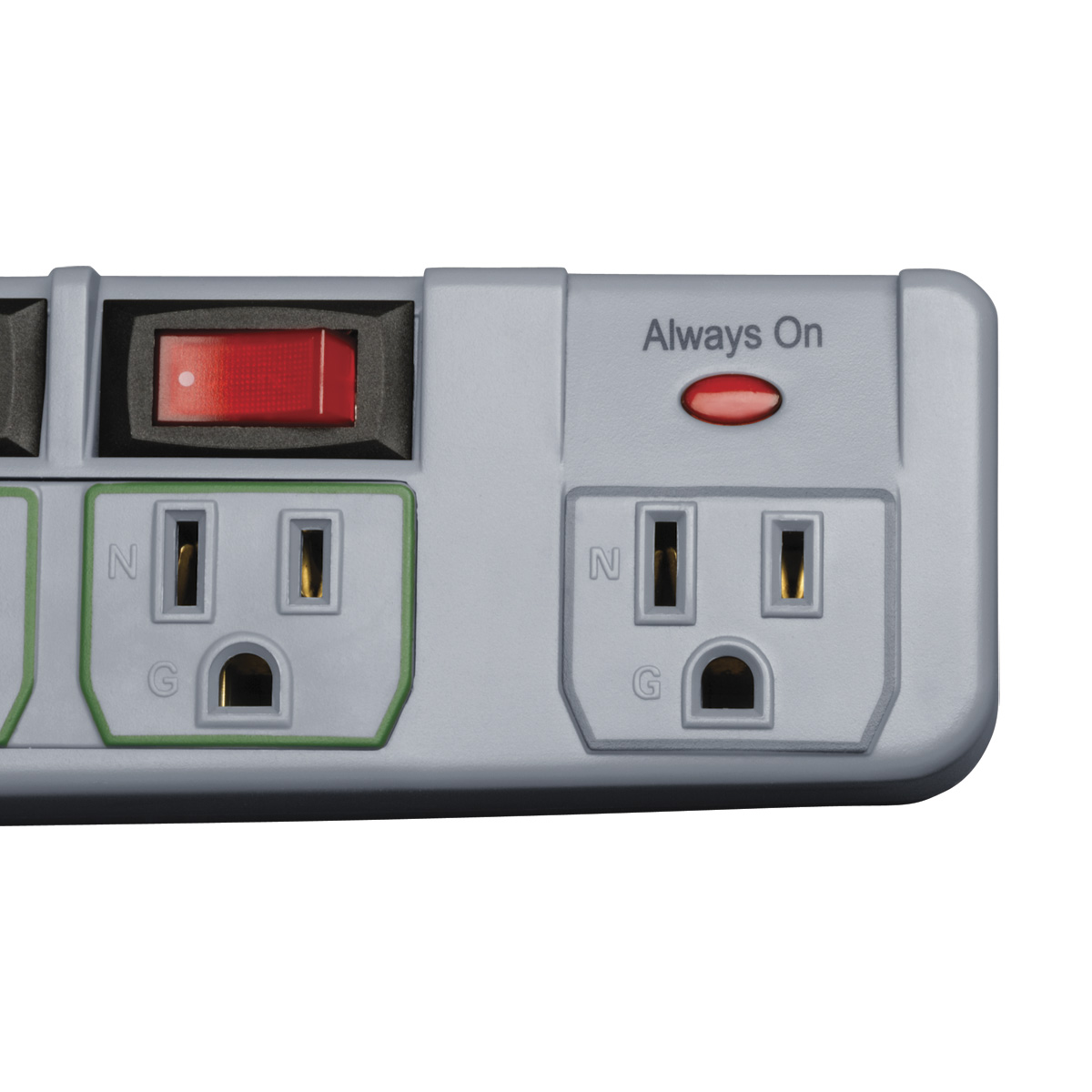
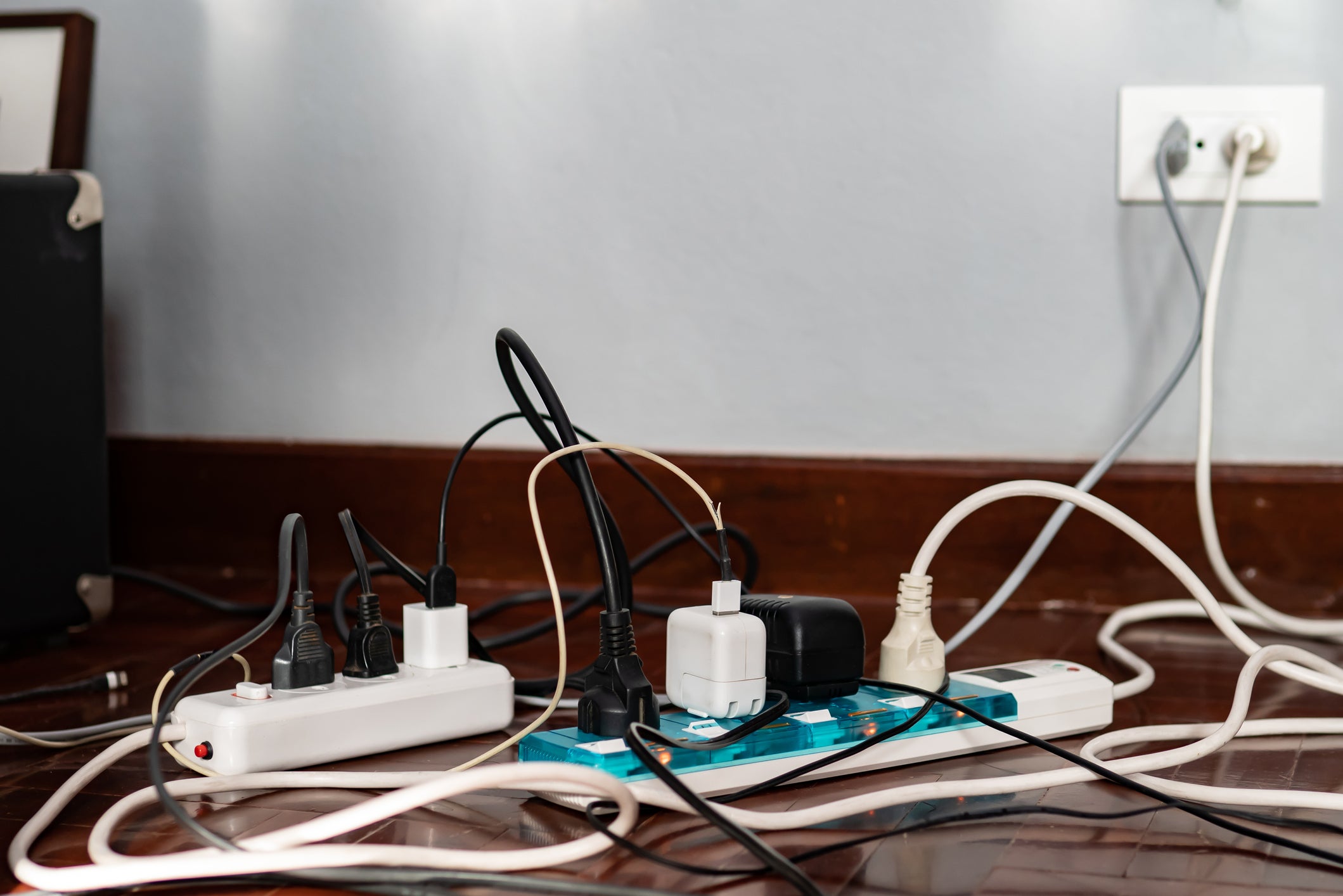

0 thoughts on “What Should You Not Plug Into A Surge Protector?”